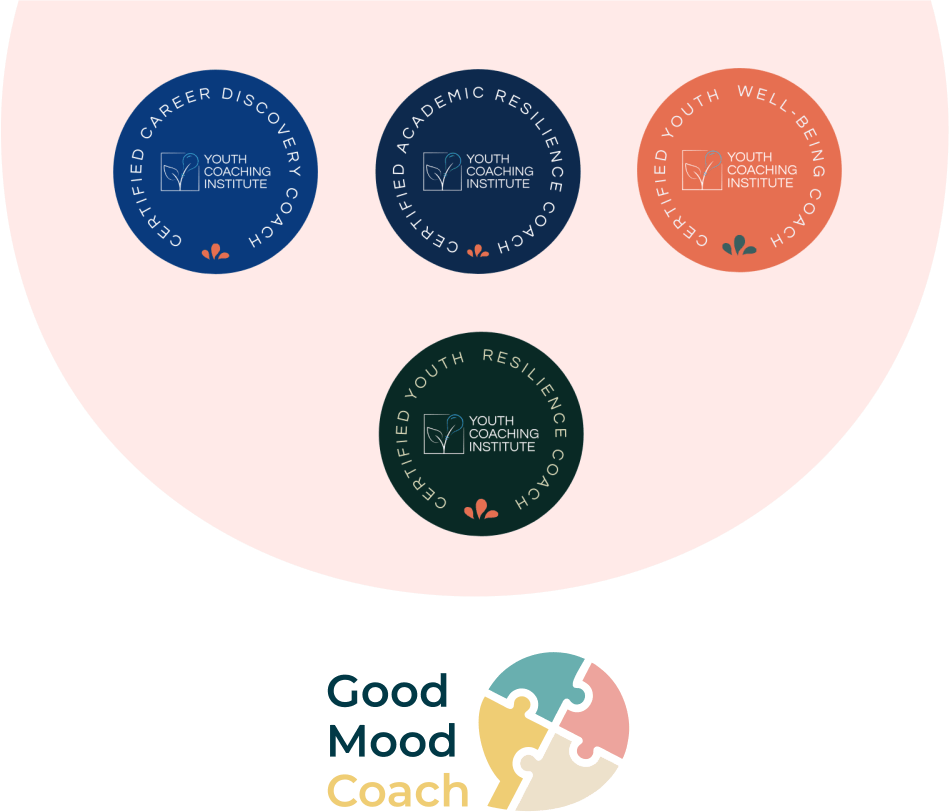COACHING OR THERAPY?
Coaching and therapy differ in their focus, objectives, and approaches, making each suitable for addressing distinct client needs:

Focus and Objectives
 Coaching: Coaching primarily focuses on goal setting, personal development, and performance enhancement. It helps clients identify their goals, strengths, and areas for growth, and supports them in creating actionable plans to achieve desired outcomes..
Coaching: Coaching primarily focuses on goal setting, personal development, and performance enhancement. It helps clients identify their goals, strengths, and areas for growth, and supports them in creating actionable plans to achieve desired outcomes..
 Therapy: Therapy, on the other hand, focuses on addressing mental health concerns, emotional difficulties, and psychological distress. Therapists help clients explore past experiences, understand underlying issues, and develop coping strategies to manage symptoms and improve well-being.
Therapy: Therapy, on the other hand, focuses on addressing mental health concerns, emotional difficulties, and psychological distress. Therapists help clients explore past experiences, understand underlying issues, and develop coping strategies to manage symptoms and improve well-being.
Scope and Depth
 Coaching: Coaching tends to be more focused and goal-oriented, typically targeting specific areas of a client's life such as career advancement, relationship improvement, or skill development. It emphasizes personal growth, empowerment, and accountability.
Coaching: Coaching tends to be more focused and goal-oriented, typically targeting specific areas of a client's life such as career advancement, relationship improvement, or skill development. It emphasizes personal growth, empowerment, and accountability.
 Therapy: Therapy addresses a broader range of issues related to mental health and emotional well-being, including depression, anxiety, trauma, addiction, and relationship conflicts. Therapy sessions often delve into deep-seated emotions, childhood experiences, and unconscious patterns.
Therapy: Therapy addresses a broader range of issues related to mental health and emotional well-being, including depression, anxiety, trauma, addiction, and relationship conflicts. Therapy sessions often delve into deep-seated emotions, childhood experiences, and unconscious patterns.
Time Frame and Duration
 Coaching: Coaching engagements are usually shorter in duration and may involve a specific number of sessions or a defined timeframe to achieve identified goals. Coaching relationships may last for several weeks or months, depending on the client's needs and objectives.
Coaching: Coaching engagements are usually shorter in duration and may involve a specific number of sessions or a defined timeframe to achieve identified goals. Coaching relationships may last for several weeks or months, depending on the client's needs and objectives.
 Therapy: Therapy sessions can vary in duration and frequency, depending on the nature and severity of the client's concerns. Therapeutic work may unfold over an extended period, ranging from several months to years, particularly for individuals dealing with complex or longstanding issues.
Therapy: Therapy sessions can vary in duration and frequency, depending on the nature and severity of the client's concerns. Therapeutic work may unfold over an extended period, ranging from several months to years, particularly for individuals dealing with complex or longstanding issues.
Regulation and Credentials
 Coaching: Coaching is not regulated in the same way as therapy, and there are no standardized licensing requirements for coaches. However, many professional coaches obtain certification through reputable coaching programs and adhere to ethical guidelines set by coaching associations.
Coaching: Coaching is not regulated in the same way as therapy, and there are no standardized licensing requirements for coaches. However, many professional coaches obtain certification through reputable coaching programs and adhere to ethical guidelines set by coaching associations.
 Therapy: Therapy is typically provided by licensed mental health professionals, such as psychologists, counselors, social workers, or psychiatrists, who are regulated by state or national licensing boards. They must meet specific education, training, and ethical standards to practice therapy.
Therapy: Therapy is typically provided by licensed mental health professionals, such as psychologists, counselors, social workers, or psychiatrists, who are regulated by state or national licensing boards. They must meet specific education, training, and ethical standards to practice therapy.
Ultimately, the decision to pursue coaching or therapy depends on the client's unique needs, preferences, and goals. Clients seeking personal growth, goal achievement, and skill development may find coaching beneficial, while those experiencing mental health challenges or seeking deeper emotional exploration may benefit more from therapy. It's essential for potential clients to carefully consider their objectives and consult with professionals to determine the most appropriate approach for their specific circumstances.
Life coaching is a collaborative and goal-oriented process that helps individuals unlock their potential, clarify their goals, and take action to achieve meaningful and sustainable changes in their personal and professional lives. Read more here...
Youth coaching is an invaluable resource that is often overshadowed, but it is the key to helping young people navigate the difficult journey of adolescence. .
Read more here...
Coaching and therapy differ in their focus, objectives, and approaches, making each suitable for addressing distinct client needs: Read more here...


